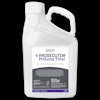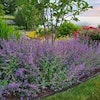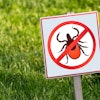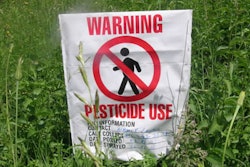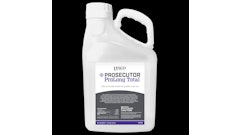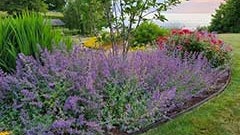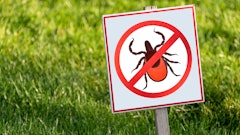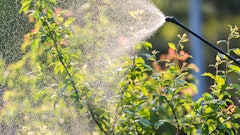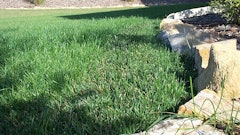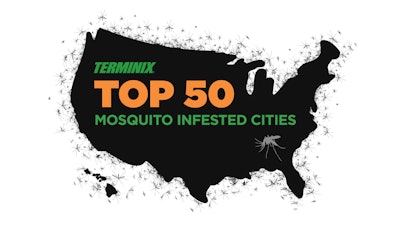
To raise awareness of the insect’s status as the world’s deadliest animal, Terminix announced its 2019 ranking of the country’s top 50 cities most infested with mosquitoes.
Los Angeles took the top spot, jumping from its No. 5 ranking in 2018. Dallas-Fort Worth fell to No. 2 after two years at the top of the list, followed by Houston, New York and Washington, D.C. in the top five spots. Texas and Florida dominated the list, with six and five cities in the top 50, respectively.
Mosquito-borne diseases kill millions each year across the globe. In the United States, mosquitoes can transmit serious diseases such as West Nile virus and encephalitis, and globally, mosquitoes are vectors for other deadly illnesses, including malaria and Zika.
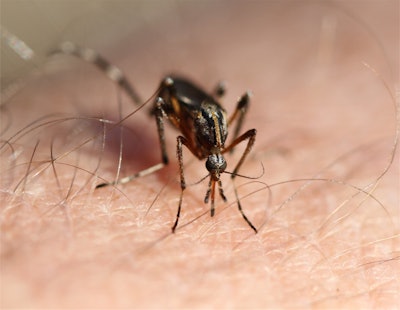
“As the ultimate Defenders of Home, we are steadfast in our mission to protect our customers and their families from threats like mosquitoes,” said Matthew Stevenson, president of Terminix Residential. “From providing expert advice to treating a backyard, every homeowner deserves a partner who can provide a healthier and safer environment to enjoy the outdoors.”
Homeowners should be particularly cautious as the United States experienced the highest level of precipitation in recorded history over a 12-month period this summer. Heavy rains may lead to increased standing water for mosquitoes to breed, unleashing higher than normal mosquito populations.
Terminix based its ranking on the number of services rendered in each city in the last year. This ranking was created by compiling mosquito-specific data of services rendered at more than 300 Terminix branches across the country. The rankings represent Metropolitan Statistical Areas (MSAs) with the highest number of actual services between June 16, 2018 and June 15, 2019. The full list of the top 50 cities is:
1. Los Angeles
2. Dallas-Fort Worth
3. Houston
4. New York
5. Washington, D.C.
6. Atlanta
7. Philadelphia
8. Memphis, Tenn.
9. Baltimore
10. Chicago
11. Miami
12. San Francisco
13. Boston
14. Orlando, Fla.
15. Nashville, Tenn.
16. Tampa, Fla.
17. San Antonio
18. Phoenix
19. Austin, Texas
20. Oklahoma City
21. Little Rock, Ark.
22. Mobile, Ala.
23. Indianapolis
24. Detroit
25. Cincinnati
26. Fresno, Calif.
27. St. Louis
28. West Palm Beach, Fla.
29. San Diego
30. Sacramento, Calif.
31. Louisville, Ky.
32. Jacksonville, Fla.
33. Columbus, Ohio
34. Tulsa, Okla.
35. Shreveport, La.
36. Kansas City, Mo.
37. Jackson, Miss.
38. Cleveland
39. Tyler-Longview, Texas
40. Birmingham, Ala.
41. Fort Smith, Ark.
42. Montgomery, Ala.
43. Baton Rouge, La.
44. Chattanooga, Tenn.
45. Honolulu
46. Richmond, Va.
47. Corpus Christi, Texas
48. Paducah, Ky.
49. Milwaukee
50. Denver
From one-time services to monthly treatments, Terminix provides a variety of solutions to help significantly reduce the threat of mosquitoes around homes and yards. In addition to obtaining professional mosquito control, homeowners can help reduce mosquito populations and decrease the availability of potential breeding sites with the following tips:
1. Keep your lawn and landscape trimmed and free of debris
Mosquitoes look for shaded and undisturbed places, like overgrown landscapes, to rest. Be sure to keep trees and shrubs properly maintained.
2. Change water sources weekly
Mosquitoes need only a small amount of water to lay their eggs and reproduce. Regularly emptying items that hold water, such as bird baths, tire swings and dog bowls, can reduce opportunities for mosquito reproduction.
3. Remove sources of standing water
Items often left in the lawn or near the house, such as lawn furniture, wood piles or buckets, can create harborage sites for mosquitoes. Declutter your property to reduce the number of places mosquitoes can breed.

4. Keep gutters clear
Maintaining your gutter system is an important step in mosquito control, as blocked gutters can hold water that allows mosquitoes to reproduce. Ensure your gutters are cleared of fallen leaves and other natural debris seasonally.
5. Use fans in outdoor seating areas
Because mosquitoes are naturally weak fliers, they tend to avoid flying in windy conditions. Using a fan when sitting outdoors can be a helpful deterrence against these pests.
In addition to transmitting serious illnesses, mosquitoes are also a significant nuisance for Americans. According to a recent study by Terminix, most Americans find mosquitoes more annoying than alarm clocks, backseat drivers and being interrupted.
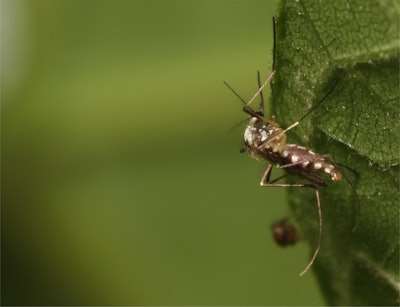
For more information on helping protect your home from mosquitoes, visit Terminix.com or call your local Terminix branch.
